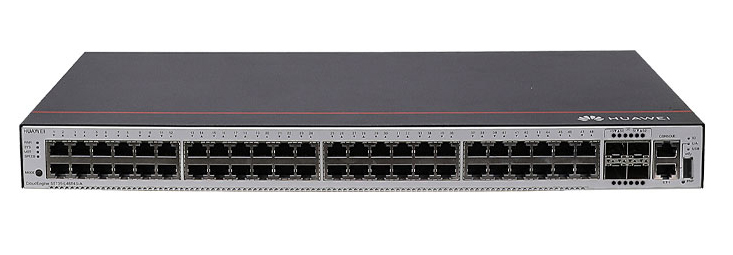































 Morsa Images/Getty Images
Morsa Images/Getty Images If you've never experienced the efficiency and the organization that Kanban boards offer, you're missing out. I've written thewhat isin 'What is a Kanban board and why do they matter?', which I highly recommend you read so you understand exactly what this tool is.
There are numerous sites, services, and apps -- many of which have free plans -- that offer Kanban boards. My go-to Kanban service is Trello. With Trello, you can make use of its free plan in order to make Kanban a part of your daily routine. Once you start using Kanban, you'll find your projects and plans are more easily managed.
Also: How to turn your Google Tasks into a Kanban board with TasksBoard
But how do you create a Kanban board with the Trello service? Let me show you how. This can be done either via web-based or desktop apps (sadly, the Android app is currently having problems with logins).
The desktop app is available for Linux, MacOS, and Windows. I'm going to make this even easier for you and demonstrate how to create a new board based on a pre-configured template (of which, Trello offers plenty).
What you'll need:The only thing you'll need is a valid Trello account. You don't have to install the desktop app, as the process of creating a new board is the same on the web and desktop versions of the app.
The first thing to do is open either the Trello web or desktop version of the app.
Also: How project management tools can boost your productivity
Note: If you're using the Linux operating system, you can install the Trello desktop client via snap with the command:
sudo snap install trello-desktop
Once the app or website is open, log in to your Trello account and you should find yourself on the main Trello page, where you can select a Workspace to use, open a pre-existing board, or create a new board.
You can create multiple Workspaces to better organize your Kanban boards.
Screenshot by Jack Wallen/From the main window, click Create and, from the drop-down, click Create board.
You can skip the Create board option and go right to Start with a template if you like.
Screenshot by Jack Wallen/In the resulting popup, click Start with a template.
You can create a board from scratch or use a pre-configured template.
Screenshot by Jack Wallen/In the Template popup, you can either select from one of the top templates or click Explore templates to view more. For this demonstration, click Kanban Template from the list.
Also: The best to-do list apps: Get organized
Once you select the template, you'll be taken back to the board creation popup, where you'll want to rename your board (because it auto-populates the name with the name of the template). Select a workspace to house the template (or leave it as the default) and click Create.
Either select one of the top templates or explore the entire template library.
Screenshot by Jack Wallen/Your new board will appear, and you can immediately start using it. You might, however, want to rename some of the columns. For example, the default columns are Backlog, Design, To-Do, Doing, Code Review, Testing, and Done.
Also: How to use Opera's Pinboards feature as a Kanban board for a more effective experience
Let's say you're not a programmer and want to delete the Code Review column. To do that, click the three-dot menu at the upper right corner of the Code Review column and click Archive this list. You can then rename the remaining columns by simply double-clicking the name and typing a new one.
You can easily delete an unwanted column (aka List actions) from your board.
Screenshot by Jack Wallen/Congratulations, you are now one step closer to a more organized life. Kanban boards are incredibly helpful and simple to use. With them, you'll have an at-a-glance look at exactly where each task is on the timeline of your creation.
 Tags quentes :
Vida Profissional
Produtividade
Tags quentes :
Vida Profissional
Produtividade